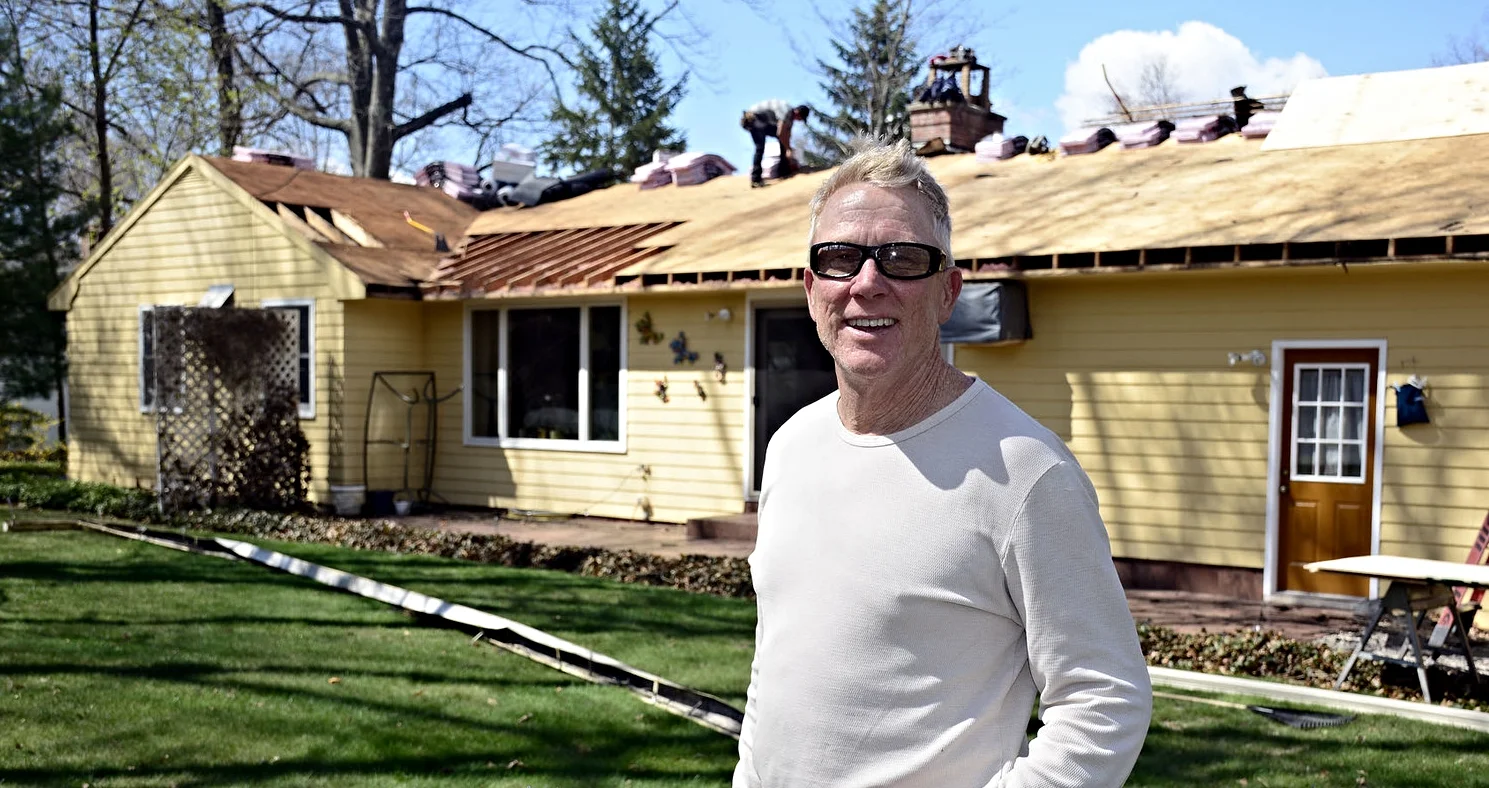Tackling Humidity Hazards at Home
Chelsea O'Donnell
With a solid mix of heat, humidity, and rain so far this summer season, now is the perfect time to talk about what high moisture can do to your home.
Let’s start with a bit of background on mold, which is the biggest threat to homes that hold a lot of humidity. Mold is made up of thousands of microscopic spores that travel through the air until they land on a surface. They love to live in places that hold water, which is why you often see mold growing on trees, roofs, and other places that stay warm and damp. Indoor mold generally develops after being carried in from the outdoors or because of a leak that hasn’t been remedied. Homes that tend to hold a lot of humidity are more susceptible to mold infestation, something that no homeowner wants to deal with.
Many people can get sick from mold and mildew, especially children and the elderly. It grows and spreads incredibly quickly and cannot be contained without removing its food source, which is water. Once it settles inside a home, mold can cause illness, asthma, and a host of other respiratory issues that can affect a person’s health for life.
So how can you get rid of mold in your living space, or prevent it from making a home in yours? Here are my top tips.
Run a dehumidifier in your basement constantly. I have an air-tight finished basement and I still run a dehumidifier 24/7. The goal here is to keep your air humidity at or below 50%. When it’s raining or super humid, don’t be surprised if you have to dump the water collection bucket twice a day.
Always use the extractor fan while showering or cooking. With so much water in the air from the weather, the last thing you want to do is add more moisture inside your home. Be sure that your fans vent outside, not in the attic. Otherwise, you’re just redirecting the moisture to another part of the house.
An air conditioner is not a dehumidifier. Yes it will remove some humidity but an air conditioner’s main function is to cool the air, rather than remove the water. If you find yourself running your A/C unit to control your humidity, you’re going to end up with an expensive energy bill and not too much to show for it.
Store unused clothing and linens in airtight plastic. People often put winter clothes and bedding up in the attic, which can be a breeding ground for mold if the area is not ventilated properly. Keeping the attic vented is key, good airflow can slow or even prevent mold growth.
Check the drainage around your home. Gutters should be clean and in working order and your landscaping should slope away from the foundation so you don’t have standing water at the base of your house. Make sure your downspouts extend at least four feet out and away from that foundation.
In short, a house with high humidity is nothing to ignore. If you suspect that your home might be susceptible to mold, it’s worth purchasing an inexpensive humidity gauge to find out. Remember, a mold problem can be a serious health risk to your family if not dealt with properly.
Bob O’Donnell is the owner of O’Donnell Bros. Inc., a Bristol-based home improvement company established in 1975. Email your questions for Bob to info@odonnellbros.com with the subject line “Ask the Pro.” All questions may be considered for publication. To contact Bob for your remodeling needs, call O’Donnell Bros. Inc. at (860) 589-5155 or visit http://www.odonnellbros.com. Advice is for guidance only.
